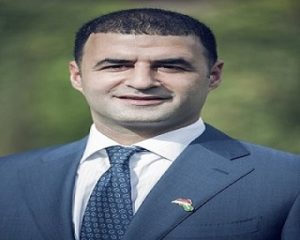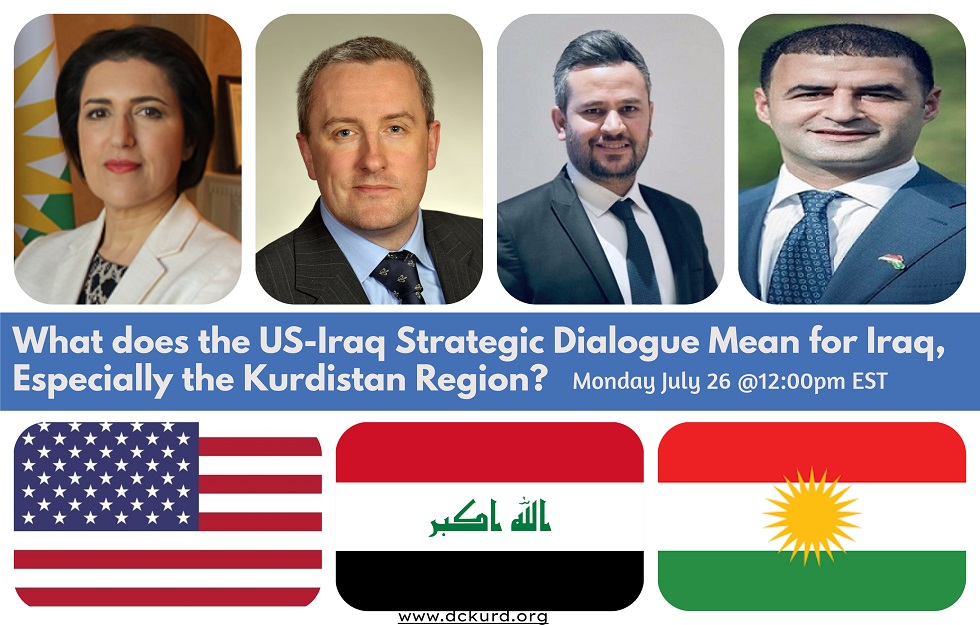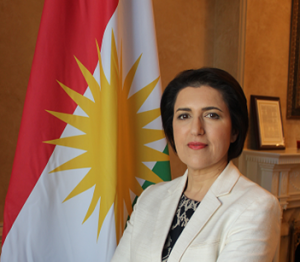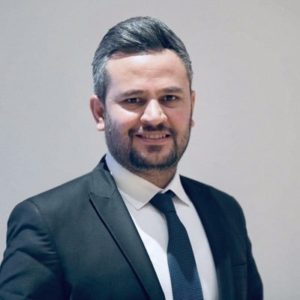Najmaldin Karim Webinar Series
Webinar Date: Monday, July 26, 2021
Time: 12:00 PM EST / 07:00 PM Erbil
On July 23, the United States and Iraq are set to hold the fourth round of the “strategic dialogue. ” The talks address security, economic, humanitarian and political relationships between the two countries but crucially, the future of the United States presence in Iraq and security cooperation. Since 2003 the United States has been under pressure and faced hostility from the Iranian-backed militias attacking them. However, after the physical defeat of the Islamic States (Da’esh) in Iraq and the increase in the militias’ power and presence, attacks have dramatically increased against Iraqi bases housing US and other Coalition troops, as well as the American embassy. The militias have increased their attacks on US and other Coalition forces in the Kurdistan Region in the past months, trying to disrupt the safest environment for the western envoys since 1991. Due to existential threats and regional ambitions, the Kurdish parties agree on the need for a portion of the US forces to remain in Iraq generally and in Kurdistan in particular.
What benefit will the US-Iraq strategic dialogue have in the long-term? Under what mission and how safely can the US stay in Iraq? What are ways to contain these militias? Can the Kurdistan Region remain as safe and stable as before for the US and other western envoys and troops? What are the lessons learned from the US withdrawal from Afghanistan? Does the US have more or less political leverage over Iraq? These and many more questions answered by our distinguished speakers:
Bayan Sami Abdulrahman– Kurdistan Regional Government Representative to the United States
Michael Knights– Senior Fellow at the Washington Institute for Near East Policy
Kamaran Palani– Associate Fellow at Al Sharq Strategic Research
Sierwan Karim– President, Washington Kurdish Institute (WKI)
Yousif Ismael- Moderator
Bayan Sami Abdul Rahman is the Kurdistan Regional Government (KRG) Representative to the United States of America. Key to her role are strengthening ties between Kurdistan and the United States, advocating her government’s position on a wide array of political, security, humanitarian, economic, and cultural matters and promoting coordination and partnership. Prior to her US appointment in 2015, Ms. Abdul Rahman was the High Representative to the United Kingdom. She was elected to the Leadership Council of the Kurdistan Democratic Party in 2010.
Before her career in public service, Ms. Abdul Rahman worked as a journalist for 17 years. She began her career on local newspapers in London and won the Observer Newspaper’s Farzad Bazoft Memorial Prize in 1993, which led her to work at The Observer and later at the Financial Times. She worked for the FT in Britain and in Japan, where she was Tokyo Correspondent.
Her late father, Sami Abdul Rahman, was a veteran of the Kurdish freedom movement, joining the Kurdistan Democratic Party in 1963 and playing a critical leadership role in the Kurdish and Iraqi opposition to Saddam Hussein’s regime. He held the post of Deputy Prime Minister of the Kurdistan Regional Government and General Secretary of the Kurdistan Democratic Party (KDP). Sami Abdul Rahman was killed alongside his elder son Salah and 96 others in a twin suicide bombing in 2004. Ms. Abdul Rahman was born in Baghdad. Her family briefly lived in Iran in the mid-1970s before moving to Britain in 1976. She is a history graduate from London University.




 Michael Knights is the Jill and Jay Bernstein Fellow at The Washington Institute, specializing in the military and security affairs of
Michael Knights is the Jill and Jay Bernstein Fellow at The Washington Institute, specializing in the military and security affairs of 